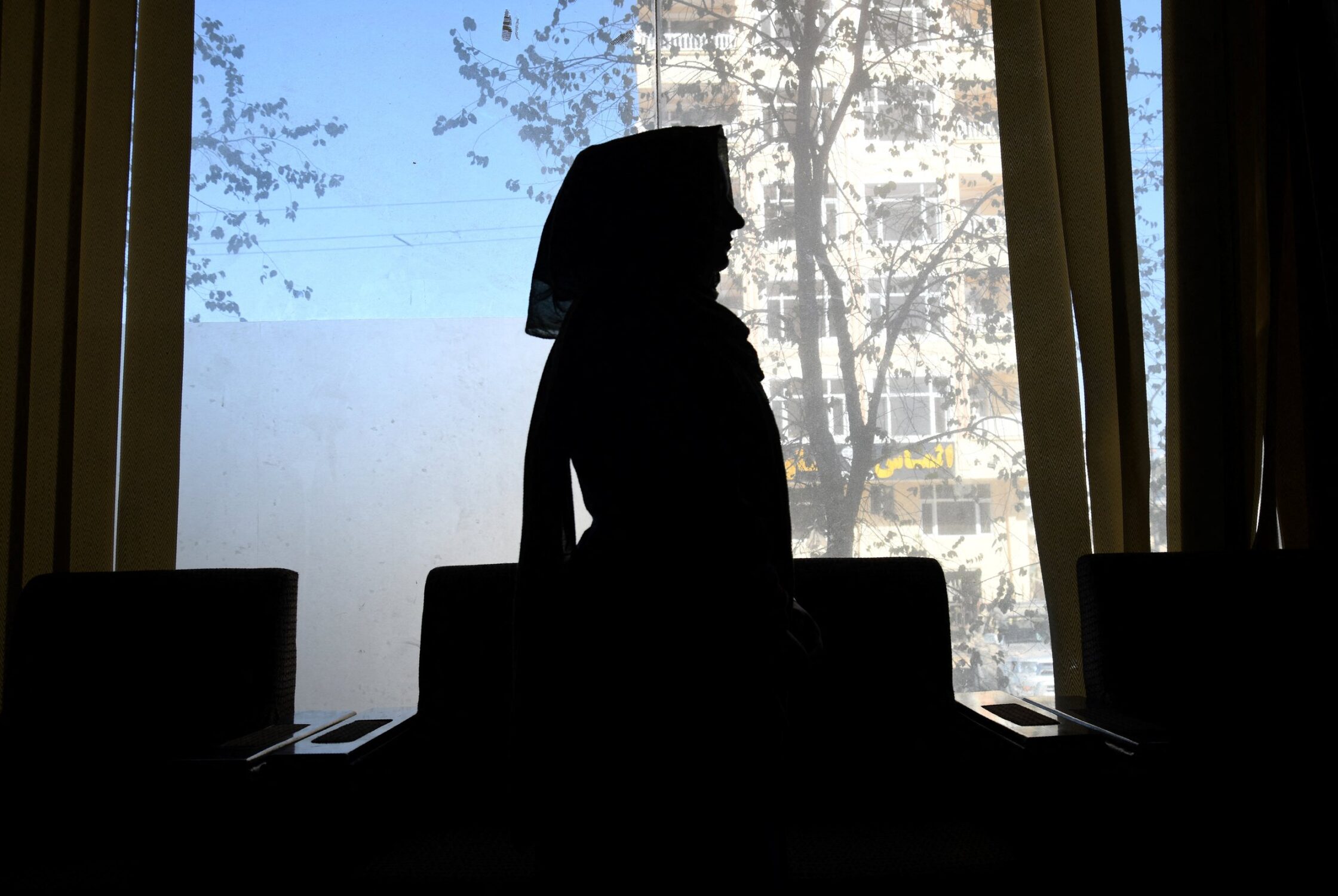Advocates Demand Urgent Action to Support Afghan Women and Girls Following New Restrictions on Women’s Rights and Humanitarian Aid

As members of the U.S. Policy Advocates for Afghan Women’s and Girls’ Rights Working Group, we deplore and strongly condemn the latest attacks on women’s rights in Afghanistan. The recent decrees banning women from working in non-governmental organizations (NGOs) and attending university constitute gender persecution and show willful disregard for the well-being of the Afghan people and the future of the country writ large. These acts demonstrate beyond a shadow of a doubt that the Taliban are not fit to govern. It is the duty and the responsibility of the United States Government, the United Nations, and the entire international community to take urgent, concerted, and joint action to show the Taliban that these attacks on the fundamental rights of women and girls will not stand.
Women working in NGOs have been on the front lines providing lifesaving assistance to the 28.3 million Afghans in humanitarian need, particularly the 3.4 million conflict-displaced persons in the country. Female humanitarians comprise up to one-third of the humanitarian workforce. At a time when two-thirds of the entire country is in dire need of aid, women are delivering the services such as food, shelter, and health care that often mean the difference between life and death. Female staff of NGOs are also providing support to meet the specific needs of Afghan women and girls in a culturally appropriate manner, including services for gender-based violence and sexual and reproductive health. To bar women from working in NGOs means denying the entire Afghan population their right to urgently needed humanitarian assistance.
By restricting women’s ability to work, the Taliban have also cut off women’s incomes, which are critical to their ability to access food, medical care, and other necessities for themselves and their families. Many women are the sole income earners in their households. Furthermore, restrictions on women’s employment have already contributed to the decimation of the Afghan economy and a reduction in the country’s gross domestic product by an estimated $1 billion. This edict worsens an already desperate situation for Afghans at a time when at least 70% of households are unable to meet their basic needs and nearly 100% of female-led households are not getting enough to eat.
Additionally, despite their fundamental right to education, the Taliban have turned Afghanistan into the only country in the world that forbids women and girls from going to school after primary school. As the Taliban have already banned girls from secondary education, the latest ban on women attending university should come as no surprise, but will nonetheless have a devastating impact on girls, women, Afghanistan’s economy, and society as a whole.
We strongly urge world leaders, particularly President Biden, to take unified steps to hold the Taliban leaders accountable by any and all means available for politicizing humanitarian aid and escalating their attacks on women’s and girls’ rights. These acts violate principles of international humanitarian and human rights law, as well as previous obligations agreed to by the Taliban. Even before the latest violations, U.N. human rights experts referred to the situation as gender persecution, a crime against humanity that should be “investigated with a view to prosecutions under international law.” All governments, agencies, and multilateral institutions should respond accordingly, utilizing diplomatic, economic, and other tools of leverage.
Furthermore, we strongly urge the whole humanitarian community to stand in solidarity with female humanitarian workers, demand that their female NGO counterparts be allowed to return to work immediately, and, like numerous international NGOs in Afghanistan, reconsider the future of their service delivery until this happens. We also call on all humanitarian, development, and peacebuilding organizations operating in Afghanistan to coordinate and implement a cohesive response to the Taliban’s increasingly repressive policies. For those that continue operations, they must focus on addressing the needs of Afghan women and girls, promoting their rights, and ensuring they can meaningfully participate in all facets of society. Effective, principled humanitarian aid is not possible without the participation of women and men working together to assist all Afghans.
Finally, we implore the United States to take a central role in ensuring that the international community, including governments, the entire United Nations system, the European Union, the Organization for Islamic Cooperation, and other leaders and international bodies, meaningfully support, engage, listen to, serve, and learn from Afghan women and girls. Marginalizing their priorities, ignoring their needs, and sidelining their efforts to participate in discussions about their and Afghanistan’s future caused the current situation in the first place – those grave mistakes must not be repeated. Any further action related to Afghanistan must ensure the full participation of Afghan women and girls in line with the Women, Peace, and Security Agenda, which has already been dramatically undermined in Afghanistan. The voices of Afghan women and girls are vital to the restoration of human rights, peace, security, and stability in Afghanistan and must no longer be silenced.

PHOTO CAPTION: This photo taken on November 13, 2021. An Afghan former female journalist silhouetted during an interview with AFP in Kabul. © WAKIL KOHSAR/AFP via Getty Images